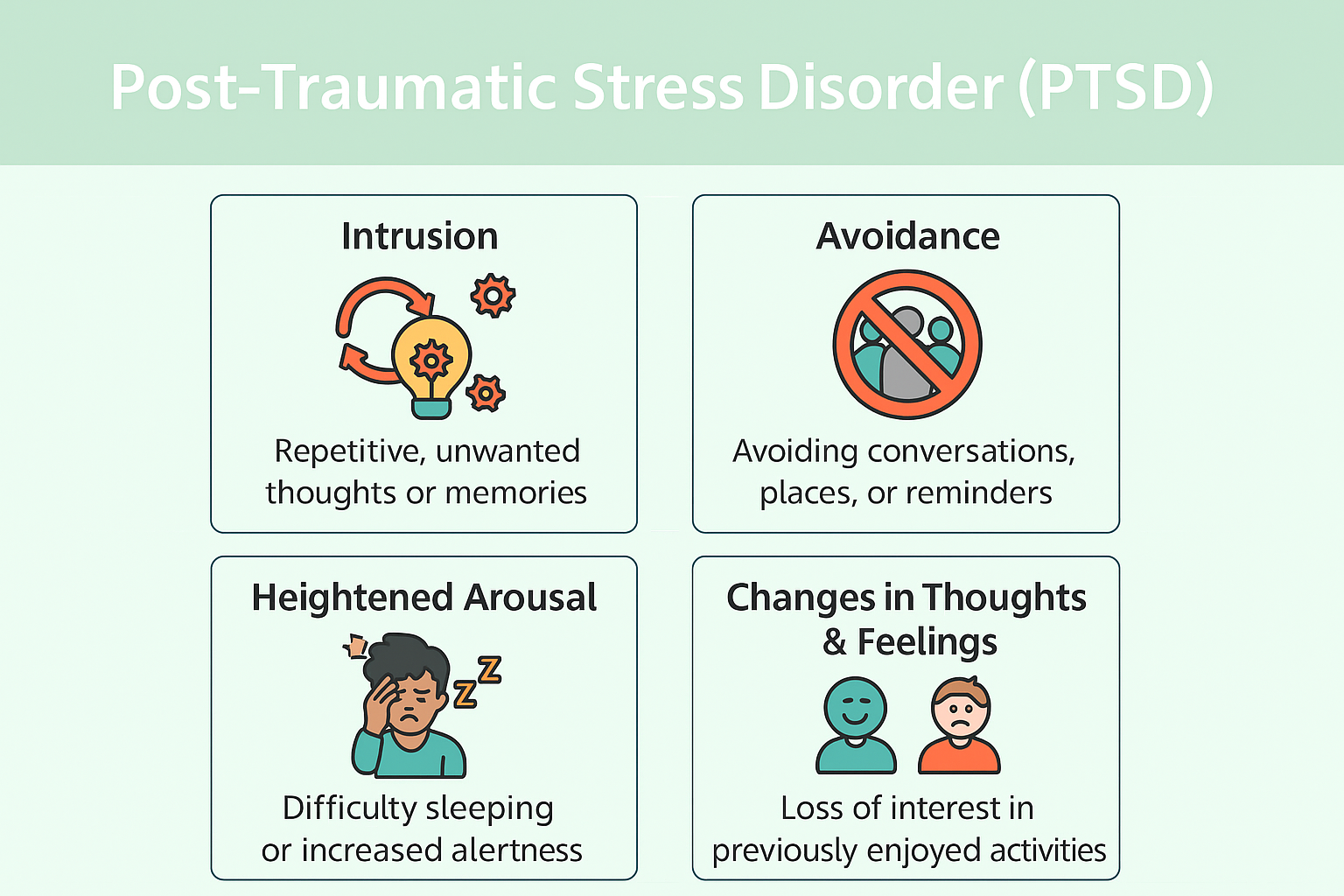👀 Observational Learning: The Psychology of Watching and Doing
Ever found yourself copying someone’s behavior without even realizing it? Whether it’s mimicking your friend’s study habits or picking up slang from TikTok, you’re participating in observational learning. This concept is critical for exams like the MCAT and USMLE, where behavioral science topics frequently appear in both standalone and passage-based formats.
At King of the Curve, we simplify high-yield psych concepts using our original science visuals, so you don’t just memorize—you understand.
🧠 What is Observational Learning?
Observational learning, also called social learning or modeling, is a process in which individuals acquire new behaviors by watching others. This doesn’t require direct experience, which makes it unique among learning theories.
The concept was first popularized by Albert Bandura, especially through his famous Bobo Doll Experiment, which demonstrated that children imitate aggressive behavior when exposed to adult models.
🔁 The 4 Key Processes of Observational Learning
| Stage | Description |
|---|---|
| Attention | One must pay attention to the behavior being modeled. |
| Retention | The observed behavior must be stored in memory. |
| Reproduction | The learner must be physically capable of reproducing the behavior. |
| Motivation | There must be a reason (often reward or punishment) to perform the behavior. |
🧑⚕️ MCAT & USMLE Application Tip
For the MCAT, questions may present a vignette where a child mimics an adult’s behavior without direct reinforcement. Recognizing the hallmarks of observational learning—especially if Bandura is mentioned—is key to scoring points.
For the USMLE, scenarios often involve patient education. A good example: a diabetic patient successfully changing diet and lifestyle after watching a peer in group therapy.
🧭 Final Thoughts
Understanding observational learning goes beyond the exam—it helps explain how we absorb habits, language, and behaviors in our daily lives. Whether prepping for the MCAT, USMLE, or just curious about the science of human behavior, learning to learn from others is a skill worth mastering.
🧩 More From King of the Curve
👉 Try our Adaptive Q-Bank, Curve Coins, and Multiplayer Study Battles at kingofthecurve.org/trial-sessions
🎓 Want 1000+ high-yield visuals like this one? Get them at mcat.kingofthecurve.org
📲 Download our app for daily question drops and gamified MCAT prep
Frequently Asked Questions (FAQs)
-
Aim for 4-6 focused hours, ensuring you incorporate breaks to avoid burnout.
-
Practice mindfulness techniques, take practice exams under realistic conditions, and maintain a balanced lifestyle.
-
Set short-term goals, seek support from mentors, and reward yourself for small achievements.
-
Regular exercise improves focus, reduces stress, and enhances overall mental clarity.
-
KOTC offers personalized learning tools, gamification features, and adaptive question banks to help students stay on track without burnout.


